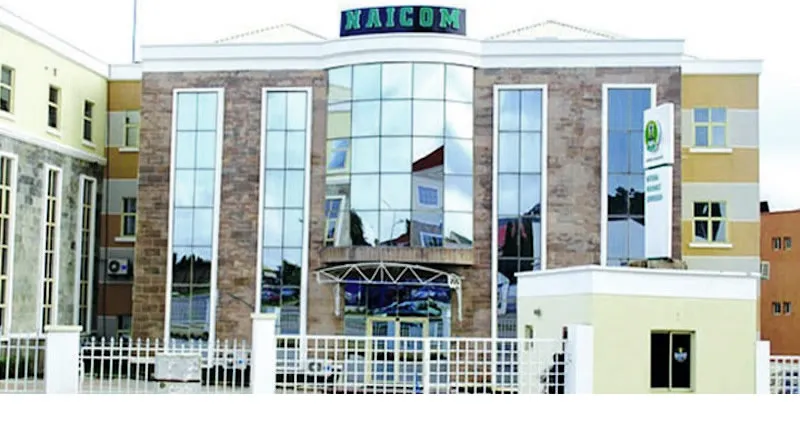
By Bakare Ogunleye
To further strengthening Nigeria’s economic stability, the National Insurance Commission (NAICOM) has called for inclusive public engagement and greater awareness, stressing that insurance must be seen as a national necessity rather than luxury in the country.
Speaking on a paper delivered at the official flag-off of the 2025 edition of Insurance Week, with the themed,” Insurance for All: Securing Nigeria’s Future,” in Lagos, the Commissioner for Insurance, Olusegun Omosehin, warned that Nigeria’s economic prospects remain exposed to escalating risks ranging from inflection shocks and climate change to health crises and business disruptions without widespread insurance penetration.
“In today’s fast-changing world, risks are multiplying. Insurance is our safety net; it protects lives, stabilizes businesses, and helps the government rebound from shocks. A nation without insurance is a nation exposed,” Omosehin said.
With Nigeria’s insurance penetration still under one per cent of Gross Domestic Product (GDP) among the lowest globally, the commission is urging a paradigm shift that places insurance literacy and access at the centre of national planning.
Omosehin stressed that true security will come not only through regulation but through a cultural transformation in how Nigerians perceive risk and financial protection. “This week is more than a celebration. It is a call to action to ignite a nationwide conversation on why every Nigerian needs insurance.”
He challenged insurers and brokers to deliver on their mandate, not just with products, but with trust. “We must improve claims transparency, invest in talent, and innovate to meet the needs of all Nigerians in rural, urban, formal, and informal alike.”
Also speaking, President of the Chartered Insurance Institute of Nigeria (CIIN), Mrs Yetunde Ilori, stressed the need to move beyond awareness to deep. Practical education.
“Insurance literacy must go beyond billboards and jingles, “She said. “We envision insurance education integration into school curriculum and vocational training programmes. We must institutionalize insurance thinking from a young age.”
Ilori reaffirmed the collective resolve to reposition insurance as a core pillar of Nigeria’s financial services architecture, with support from industry bodies including the Nigerian Insurers Association (NIA), Nigerian Council of Registered Insurance Brokers (NCRIB), Institute of Loss Adjusters of Nigeria (ILAN), and others.
She commended institutional partners and clients such as Flour Mills of Nigeria, Nestle Nigeria, and Huawei for supporting the industry’s digital transformation drive, particularly through innovation events in the country.
According to her, CIIN also extended gratitude to the executive and legislative arms of government for their legislative backing and reiterated the need for sustained regulatory support to drive inclusive growth and consumer protection.
She said as the Insurance Week 2025 unfolds across Nigeria’s key cities, NAICOM and stakeholders are positioning insurance not just as a product, but as a public good critical to unlocking sustainable economic development and social protection.








